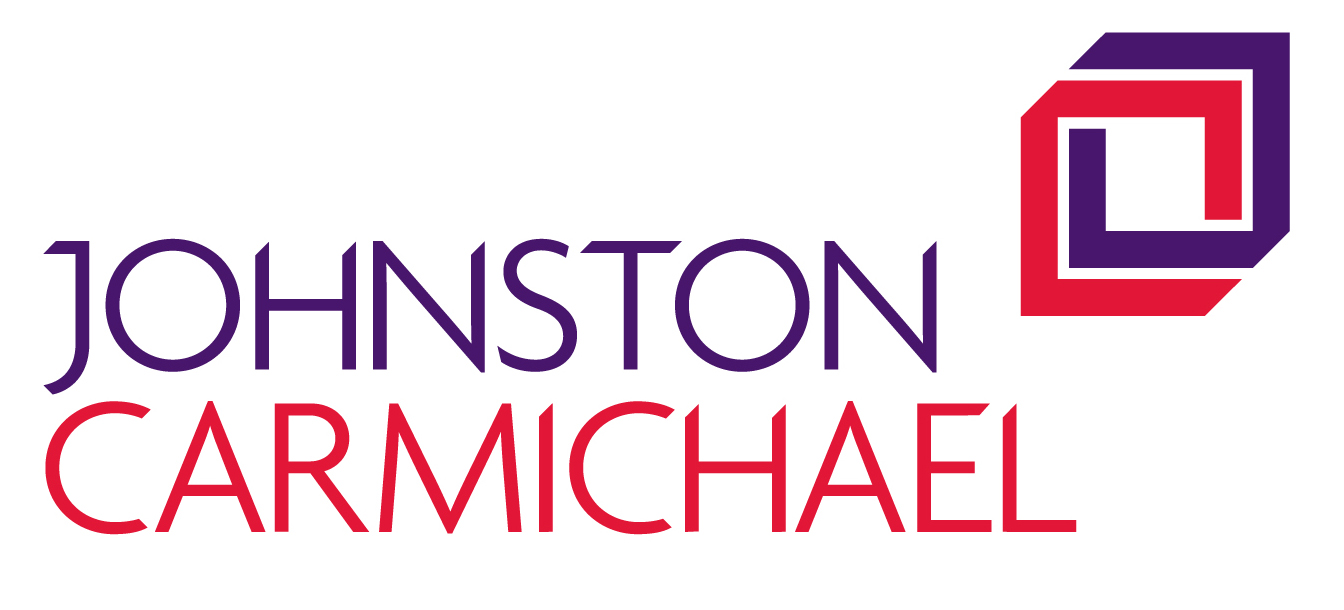Adam Hardie: How reduced duty on no and low alcohol drinks could brew success

Adam Hardie
Adam Hardie discusses the implications of the new alcohol duty rules set to come into effect next week, which are predicted to impact the entire drinks sector, with particular benefits for producers of low and no-alcohol beverages.
Major change is brewing in the drinks sector. On August 1, 2023, new alcohol duty rules come into force, and everyone involved in producing, storing, selling and consuming alcohol will be affected.
The long-awaited legislation, which is being introduced to simplify the system, will bring forward the biggest tax changes in the sector in more than 20 years. In making these changes, the UK Government also aims to support public health, encourage innovation, and ensure the duty system reflects modern drinking practices.
The principle behind the shake up is relatively straightforward – the higher the ABV the more you pay – but as with any significant change, there will be winners and losers.
The category that will gain most is no and low alcohol, where there has been encouraging innovation in recent years in line with changing consumer tastes. Globally, the market for no and low alcohol drinks grew by more than 7% last year while the value surpassed $11bn, according to IWSR, as younger consumers continue to prioritise physical and mental wellbeing, and drink less.
More recently, UK supermarkets reported a summer surge in sales with Tesco seeing a 25% increase in purchases of no and low alcohol drinks compared with the beginning of the year, when Dry January fuelled spend. In recognition of demand, Guinness last month announced it is to triple production of its zero-alcohol brand.
At the recent Royal Highland Show we were proud to serve independent Scottish brewer Williams Bros’ new alcohol-free Alien Form IPA – and we had quite the job to explain that it didn’t contain any alcohol, which is the biggest compliment anyone could give.
Managing director of the business, Scott Williams, and his nephew Chris Williams, crafted Alien Form after being disappointed with other alcohol-free pale ales. Created using a special yeast which only ferments certain sugars, it retains all the characteristics of a great beer – aroma, taste, and depth – but without the intoxicating effects. The product has already secured listings with independent retailers and Sainsbury, and its success has encouraged the release of an alcohol-free version of Williams Bros’ acclaimed Joker IPA.
The brand has also expanded its low alcohol range, adding Orange and Grapefruit varieties to its popular 3.4% ABV Alcoholic Ginger Beer.
After a few challenging years for brewers, following Brexit, the pandemic, and soaring raw ingredient costs, the new alcohol duty regulations will be a welcome boost for businesses which are developing their no and low alcohol offering. However, let’s not forget these products are in most cases a small proportion of the average brewer’s offering.
It’s good news too for spirit based ready to drink (RTD) products. Where previously there was only one rate for spirits now there are four – and the lower the ABV the less the duty will be. Producers in the specialist no and low alcohol spirits category, such as Scottish brand Feragaia which opened Scotland’s first alcohol-free spirit distillery in Glenrothes, Fife, will additionally benefit from the overhaul.
While there is little overall impact of the new rules on spirits, including our Scotch industry, the ending of the current freeze on alcohol duty will be a concern as it will increase costs by 10.1%. Commentators believe that some beers have already reduced their ABV to avoid taxation and cut costs, so it will be interesting to see if other high ABV alcohol brands follow suit.
Regardless of health concerns, and consumer demand, for businesses that wish to be profitable no and low could for many be the way to go.
Adam Hardie is head of food and drink at Johnston Carmichael








